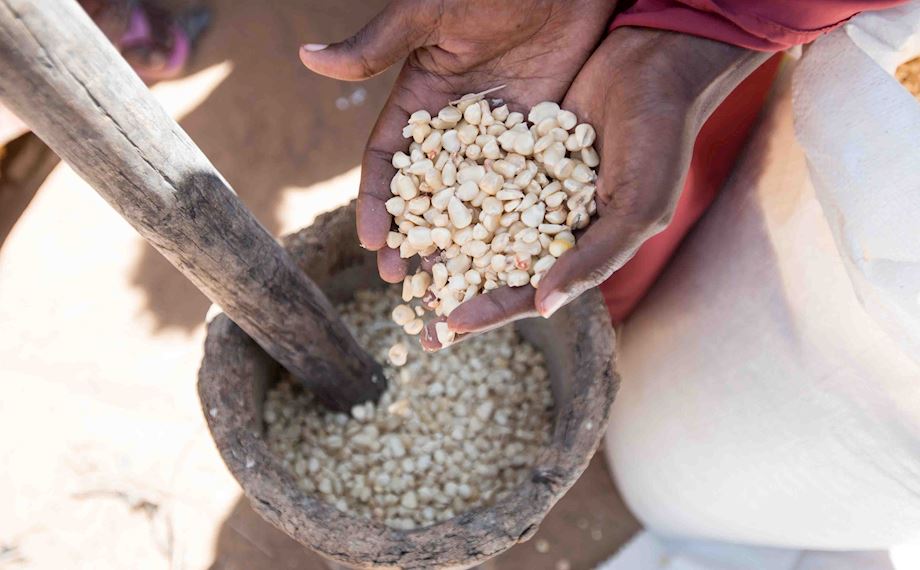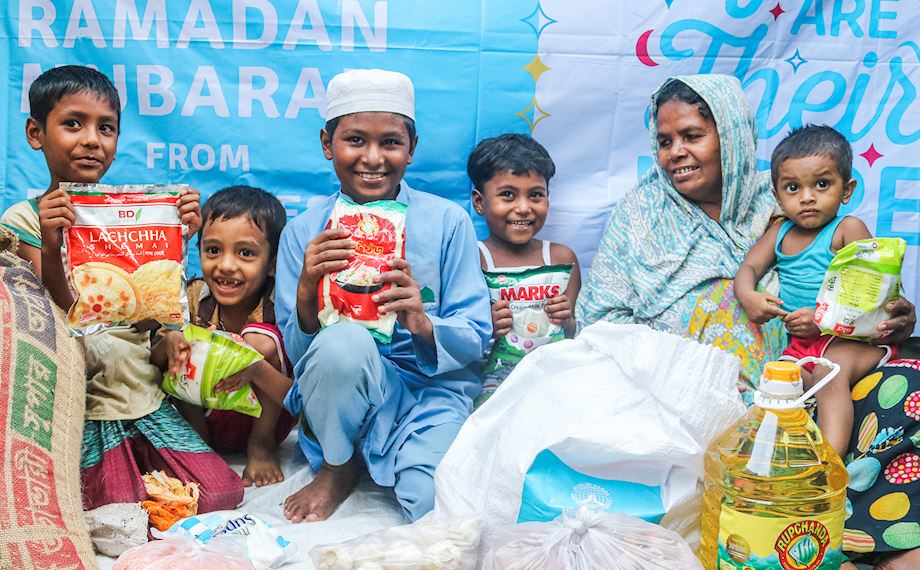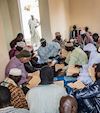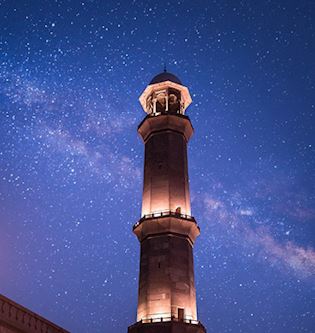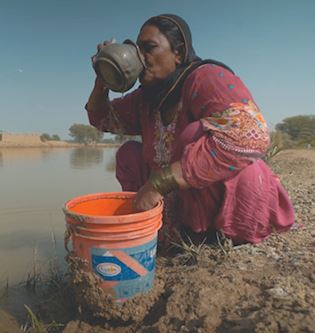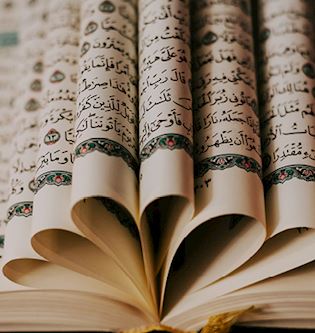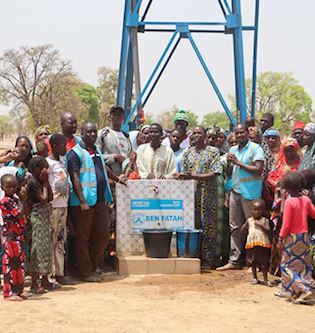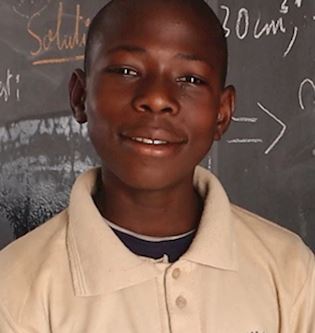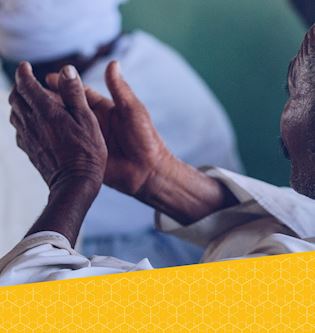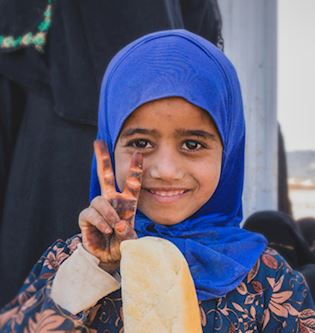Iftar Traditions

Iftar is known as the meal with which we open our fast. What does Iftar mean to me? When I think about Iftar the first thing that comes to mind is family, community, a group of people who love each other coming together to open their fast. We all lead such busy lives, with school, work and other commitments, and we’re often pulled in different directions. But Iftar brings us all back together. When the adhan is called for salatul Maghreb it’s the like world stops. Everyone comes together and we share in dates and milk or water. There are also specific duas we recite upon breaking our fast along with Iftar. These are:
اے اللہ!میں نے تیری خاطر روزہ رکھا اور تیرے اوپر ایمان لایا اور تجھ پر بھروسہ کیا اورتیرے رزق سے اسے کھول رہا ہوں۔
“Oh Allah, I fasted for You, I believe in You, I rely on You and I break my fast with Your sustenance.”
"لقد ذهب العطش ، تطفأ الأوردة ، وتأكدت المكافأة إن شاء الله".
“The thirst is gone, the veins are quenched, and the reward is confirmed if Allah wills.”
We recite these duas because like in everything we do, we end our fast in the name of Allah SWT and submit our fast to him. Subhanallah, there’s nothing like that first morsel. The colour comes back into your face and its like blood is flowing again; as it says in the dua, “the veins are quenched”. You’re instantly energized, the fatigue from the days fast fading. But Iftar is so much more than this. All around the world Muslims share in different Iftar traditions. In my own Pakistani culture, the tradition is to share in samosas or pakoras (a vegetable fritter made from chickpea flour and various spices and vegetables). Or sometimes, if we’re feeling like being healthier, we make a simple fruit chaat (fruit salad garnished with spices).

In Morocco, the common tradition is to serve a soup called Harira, which is made from lentils. Iraqi’s share in a light apricot drink and in Lebanon fettoush salad is common. Another interesting thing they do in Lebanon is the firing of cannons signalling Iftar time. In Albania they announce the start and end of fast with a traditional song; they march up and down the streets playing the Lodra, which is a homemade, double ended, cylinder drum covered in sheep or goat skin. In the Maldives they share in a particularly beautiful tradition of post- Iftar celebrations wherein poets are asked to recite Raivaru, which are Ramadan related poems. Whatever and however we break our fast, we all share one thing in common: the feeling of humility and unity that comes from fasting. As Dawud Wharnsby says in his nasheed, “We’ve Scanned the Sky”: “So many of our brothers and sisters all across the land, they have no food to eat at all and they need a helping hand. When we fast from morning till the night to fulfill Allah’s command, we feel the hunger and thirst they feel, and it helps to understand.” Fasting brings us a sense of humility and gratitude because it reminds us of how lucky we are to have access to food, water and shelter.
So many people around the world go hungry every day and night because they can’t afford food. It is really important that we remember this at Iftar and thank God for the food we are about to eat.





